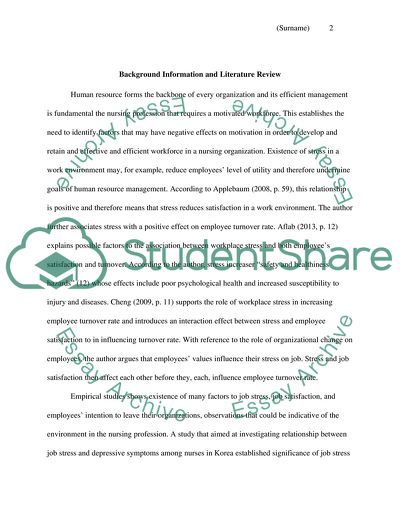Cite this document
(“JOB STRESS, SATISFACTION AND INTENTION TO LEAVE AMONG NEW SAUDI NURSES Research Proposal”, n.d.)
Retrieved from https://studentshare.org/nursing/1647779-job-stress-satisfaction-and-intention-to-leave-among-new-saudi-nurses
Retrieved from https://studentshare.org/nursing/1647779-job-stress-satisfaction-and-intention-to-leave-among-new-saudi-nurses
(JOB STRESS, SATISFACTION AND INTENTION TO LEAVE AMONG NEW SAUDI NURSES Research Proposal)
https://studentshare.org/nursing/1647779-job-stress-satisfaction-and-intention-to-leave-among-new-saudi-nurses.
https://studentshare.org/nursing/1647779-job-stress-satisfaction-and-intention-to-leave-among-new-saudi-nurses.
“JOB STRESS, SATISFACTION AND INTENTION TO LEAVE AMONG NEW SAUDI NURSES Research Proposal”, n.d. https://studentshare.org/nursing/1647779-job-stress-satisfaction-and-intention-to-leave-among-new-saudi-nurses.


